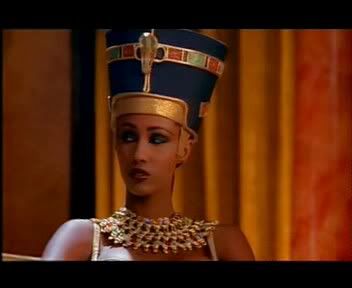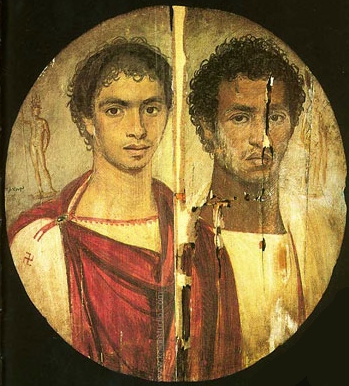MKGLouisville
Chieftain
- Joined
- Mar 1, 2010
- Messages
- 69
Weren't the black Nubian Pharoahs unusal because they were black as opposed to the Egyptians?
It would be nice if you would have read the plethora of research presented on this page (19) as well as the previous page, which actually shows that the "black nubians" were who the Ancient Egyptians were ethnically the closest to. So since you called the Nubians 'Black' then it only makes sense to call the Ancient Egyptians 'Black' as well

I'm reasonably sure the AE themselves didn't class themselves as black but its hard to tell.
Just as the Ancient Nubians and other Africans probably didn't consider themselves 'Black', or like the Ancient Greeks and Romans probably didn't consider themselves 'white'!
I have seen pictures on Egyptian ruins with everything thing from pale skin through to black.
Just as Black Africans and Near Easterners were present in Ancient Greece and Rome, are we to think that they weren't 'white' due to that fact? Ancient Egypt became a melting pot during the later dynasties and no one disputes that fact. With various people from Eurasia entering the nation at substantial numbers, but that does not change the fact that the early Ancient Egyptians were 'Black' Northeast Africans.
They seemed to portray themselves as bown skinned as opposed to black.
So I guess that if you're not pitch Black then you're not 'Black'
 ! The pitch black portraits were probably portraying the pitch black Sudanese people that still inhabit the region today as well as the brown skinned people that have always inhabited the region.
! The pitch black portraits were probably portraying the pitch black Sudanese people that still inhabit the region today as well as the brown skinned people that have always inhabited the region.
Look at the Nubians in this scene some are brown some are black, just like the various other regions of Africa!
Some of the rulers woulod have been mixed race and its not impossable they were part black/greek/caucasian/whatever.
Greeks came during the fall of the Egyptians empire! However as noted by Keita since the dynastic period small scale migration has been noted in Egypt, before the massive and numerous Eurasian invasions during the latter periods. It's very probable that there were some rulers who weren't 100% African and or were from Asia, but for the most part anaylsis of royal crania not surprisingly found that they were closest to Nubian crania.













